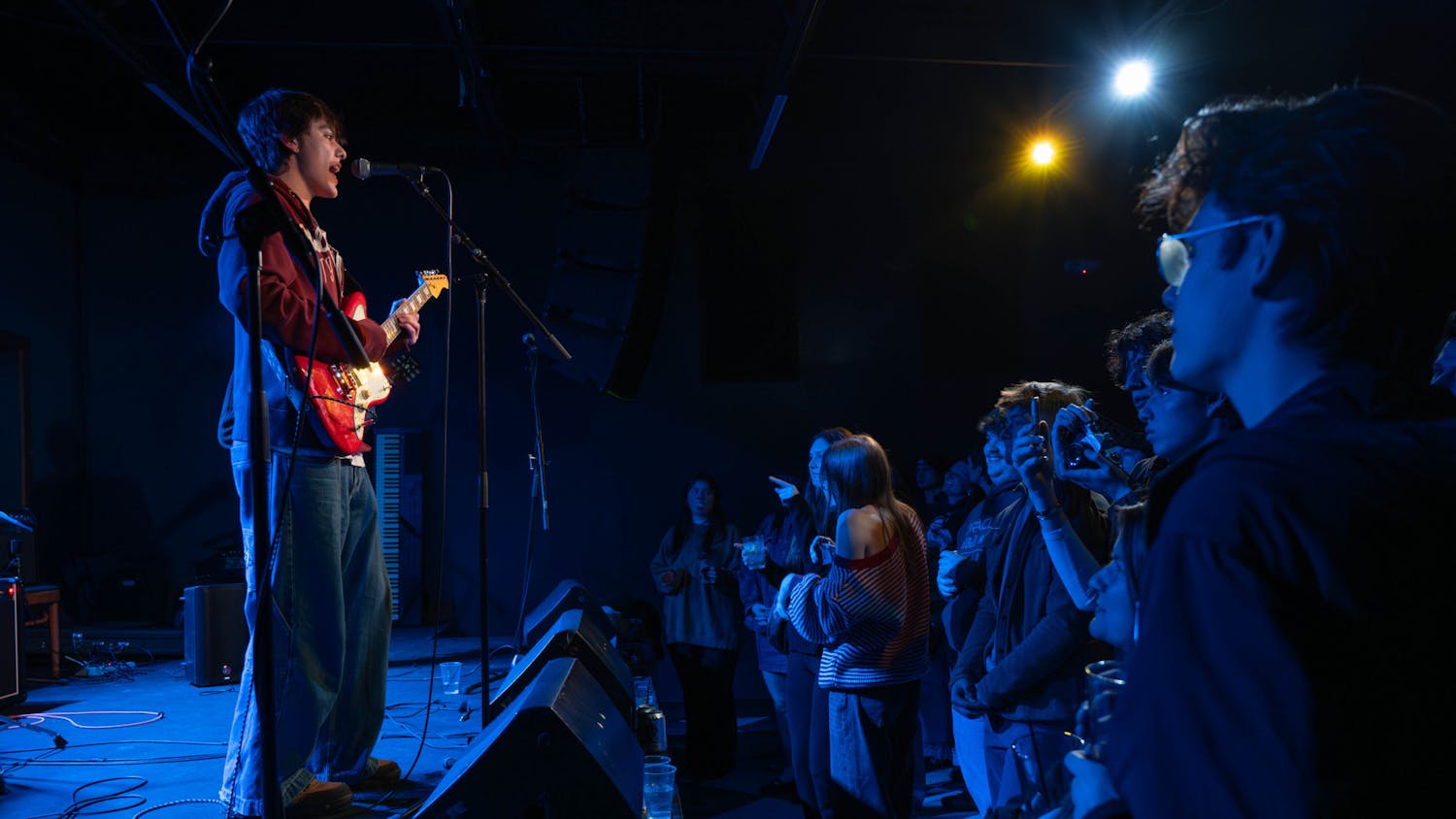On weekday mornings, many adults and college students might deem their best friends to be their snooze buttons.
But when there’s no time for that, they reach for the next best thing: caffeine. Popular selections for an energy boost include a cup of coffee, a mug of tea or energy drinks. “I don’t drink that much (caffeine) anymore, but I used to... every day,” said Shannon Walker, a sophomore studying nursing, adding that part of the reason she cut back was due to health concerns. “It depends on how tired I am.”
According to a study by the American Cancer Society, consuming around three cups of coffee per day could cut an individual’s risk of mouth and throat cancer in half. Research from the Centers for Disease Control and Prevention also pointed to the benefits of caffeine, showing it can also decrease risk of liver cancer by half, among other health benefits.
A report by the Mayo Clinic, however, stated that consumption of too much caffeine (about 500-600 milligrams daily) could cause insomnia, upset stomachs, a faster heartbeat and even muscle tremors, among other negative effects.
Officials from University Medical Associates did not return The Post’s request for comment by press time regarding the health effects of caffeine.
The Food and Drug Administration advised that those who drink caffeine to understand consequences of caffeine consumption and use patterns to know a safe level of consumption for consumers, especially given the increasing number of products adding caffeine to their ingredients, Deputy Commissioner for Foods and Veterinary Medicine Michael R. Taylor said in a 2013 news release.
Companies are adding caffeine to several food products, including jellybeans, waffles, gum, syrup and even water, among others, and officials plan to investigate the health effects, particularly on children and teens, according to data from the FDA.
“The proliferation of these products in the marketplace is very disturbing to us,” Taylor said in the release.
Although the administration has not set a recommended limit on caffeine intake for children, the American Academy of Pediatrics discourages caffeine usage for all children and adolescents. It has recommended no more than 400 milligrams — approximately four or five cups of coffee — for adults daily.
A 2012 report from the FDA stated that between 2003 and 2008, the average person consumed 300 milligrams of coffee a day.
The report added that energy drinks only accounted for a small portion of caffeine consumed by teens and young adults.
“The other night, I had a 5-Hour Energy and coffee, and it made me sick,” Amy Gregory, a senior studying journalism, said of a recent all-nighter.
She said unless she is lacking sleep, she tries to reduce her caffeine intake to three to four times per week.
Chris Pyle, owner of Donkey Coffee and Espresso, 17 1/2 W. Washington St., said coffee makes up about 70 to 75 percent of their sales and tea makes up about 10 to 15 percent of their sales.
Between all of OU’s cafes, such as including Cafe Bibliotech, The Front Room, OU-COM Cafe and SouthSide, coffee alone made up 62 percent of all caffeinated beverages sales in Fall Semester 2013 and Spring Semester 2013. Coffee drinks, such as mochas, espressos, lattes, frappuccinos and coffee, make up almost 91 percent of caffeinated beverage sales, according to 2013 data compiled by the OU director of retail and campus cafe’s general manager, “Culinary Services works hard to provide our campus customers with a variety of coffees, specialty drinks and other menu items at each of our campus cafes,” Assistant Director of Auxilary Sales Dan Pittman said in an email.
Of all the cafes on campus, The Front Room sold the most coffee in 2013, reaching almost 14,000 servings of grande sizes alone, according to the data.
The most caffeine Pyle recalls a customer ordering in one day at Donkey was a total of eight shots of espresso — a normal latte usually contains only two shots.
“We’ve never had that happen before,” Pyle said. “That’s getting up there; I’d be concerned about his heart.”
He added that although the situation made him uneasy, he has never had to cut anyone off after ordering too much coffee.
This story appeared in print under the headline "Caffeine in moderation"
@KellyPFisher
kf398711@ohiou.edu






